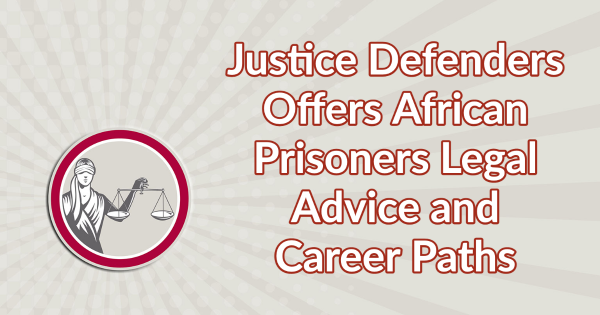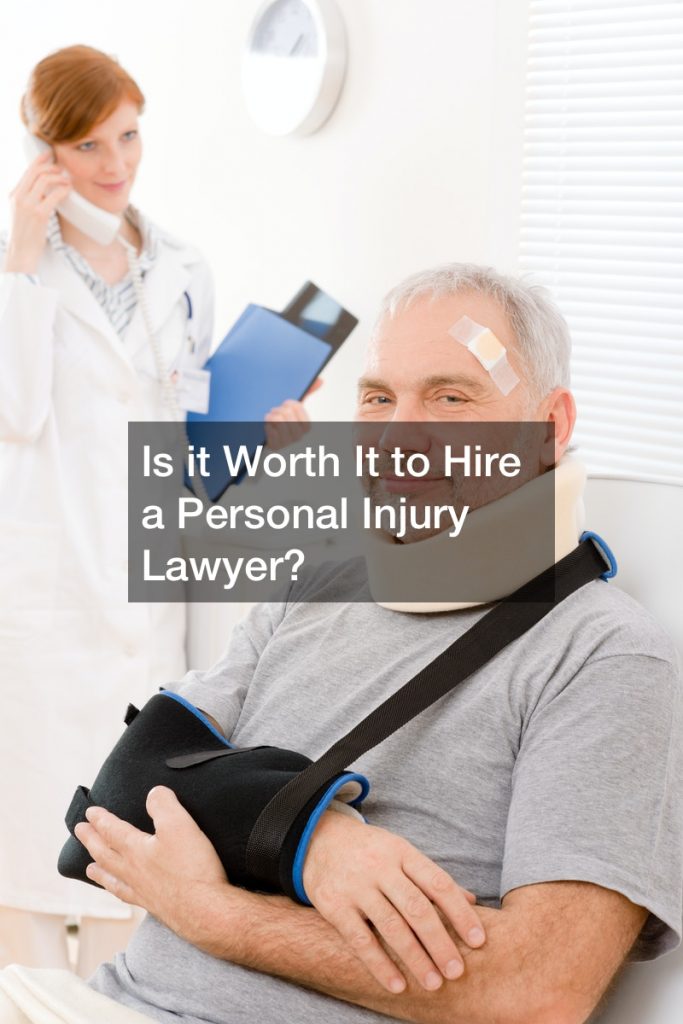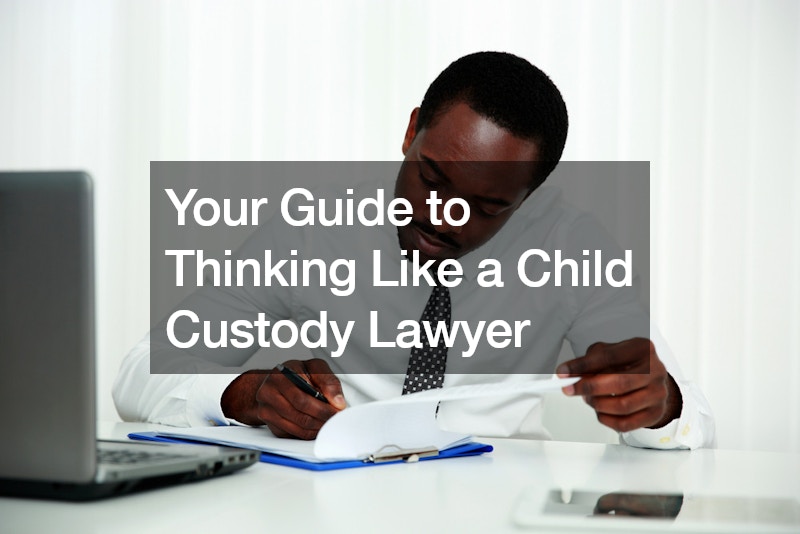
It can be incredibly difficult for impoverished individuals to receive a proper legal defense. This is a global issue, affecting not only those living in more economically challenged nations but the United States as well. Although the criminal justice system is meant to protect the innocent, those that are unable to hire good criminal defense lawyers are often left without a strong defense in the first place. In the U.S., everyone at least has the right to a lawyer, which means that public defenders can be provided to those that can’t afford a defense on their own. But public defenders are often overtaxed, juggling many different cases. Often, their experience levels are not ideal either. This can lead to innocent people taking plea bargains in an attempt to avoid harsher sentences, or being wrongfully convicted. This situation becomes even more complex in nations in which individuals lack the right to an attorney at all, leading to millions of innocent people across the world being wrongfully convicted. Additionally, many people that are guilty of lesser charges are given harsh sentences because they did not have access to free expert legal advice.
The group Justice Defenders is doing what it can to help change this issue on a systemic level, particularly in Kenya and Uganda. Currently, Justice Defenders is working in almost 50 prisons across the two African nations, training both inmates and prison staff to become paralegals and attorneys. This way, they can offer legal services both to themselves and others. When people under economic stress are able to advocate for themselves in this sense, they are in a way providing their own free expert legal advice. Justice Defenders is making it possible, additionally, for prison staff and inmates to have brighter futures in the long term.
The reality is that many of the inmates within these prisons were either wrongfully convicted, often in part because they were unable to afford qualified criminal defense attorneys, or were given harsher sentences than they truly deserved. Although fiction often focuses on the work that attorneys offer before a person is acquitted or convicted of a crime, the legal process usually does not stop there. Inmates usually have a certain amount of appeals that they can work through as they serve their sentences. Successful appeals can result in new trials, and in some cases in convictions being thrown out entirely. However, appeals are not simple, and it can be extremely difficult for people to get the kind of free expert legal advice that they would need in order to work through their appeals.
Through Justice Defenders, inmates can more efficiently advocate for themselves and for other prisoners. One example is that of Morris Kaberia, who was able to represent himself in his appeal and overturn his conviction after spending 13 years in prison. If Kaberia had not been able to successfully defend himself, he would have been facing life in prison. Similarly, prisoner Isaac Ndegwa Kimaru was able to complete his law degree through justice defenders. He now works as any attorneys would in court advocating for other prisoners. Those that become lawyers after spending time in prison have a particular empathy for people that have experienced the trials of being incarcerated. Therefore, they are often inspired to change the system and help those in need, often offering low cost or free expert legal advice to prisoners.
The work of Justice Defenders is connected to the core beliefs of its founder, Alexander McLean. McLean believes that justice can be properly achieved when people who experienced poverty are able to take the law into their own hands. Justice Defenders seeks to empower the poor through free expert legal advice and by ensuring that they can control their own legal cases. This can ultimately create equal access to both fair trials and justice, bridging what is sometimes referred to as the justice gap.
The History of Justice Defenders
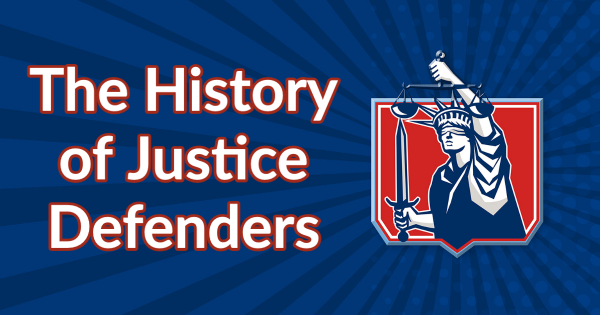
Formerly known as the African Prisons Project, Justice Defenders is a charitable organization based in the United Kingdom, though it also functions as a U.S. nonprofit. Although the organization was founded in 2007, its original inspiration occurred to McLean in 2006, when he encountered a man brought unconscious into a Ugandan hospital where McLean was working. After apparently falling into a diabetic coma, the man had been neglected to the extent that he was suffering from a severe infection. After McLean cared for the man for five days, he died and he was placed in a mass grave. Recognizing that this occurred because the man was a prisoner and left neglected and without advocacy, McLean soon after made his first visit to a prison.
The prison that McLean visited has been constructed to hold 600 inmates, but at the time held almost 4,000. McLean soon learned that roughly two-thirds of those in the prison had not been tried, and indeed many of them were innocent. For example, Edward Mpagi had been sentenced to death for murder, only for it to be revealed after 12 years that the man he had supposedly killed was still alive. Another individual had received criminal charges for armed robbery after stealing a mango from a neighbor’s tree with a Stanley knife. The sentence for this crime was death.
The African Prisons Project, as it was then known, was founded in 2007 and registered as a charity in the U.K. The initial goal of the project was not to give free expert legal advice but to establish prison clinics, care for dying prisoners, and run education programs within the prisons. But it soon became clear to those working within the project that most of the prisoners can from impoverished backgrounds, while many of those in power came from wealthy backgrounds. There was a clear inequality between the prisoners and those in power, with many prisoners remaining unable to legally advocate for themselves or afford proper legal defenses. Due to this fact, the organization came to the belief that no matter how much the prisons were improved, there would be no justice or relief for the many people that had been wrongfully convicted.
The organization officially changed its focus to offering free expert legal advice and helping prisoners became paralegals and attorneys in 2017. Its official rebranding and relaunch as Justice Defenders took place in 2020. Justice Defenders works with the belief that there are no people more qualified to defend the defenseless than those that were once in that position themselves. Even simple legal advice can be difficult for many of those impoverished to obtain. Although 96% of people seeking legal advice use a search engine, it can be much more difficult for those that don’t even have access to a computer to do so.
Those that work with Justice Defenders come from a variety of different backgrounds, both in terms of their professional experience and their nationalities and even faiths. The focus of the organization is to offer the best possible outcomes for those that would normally be victimized by the legal systems in their countries.
How Justice Defenders Works
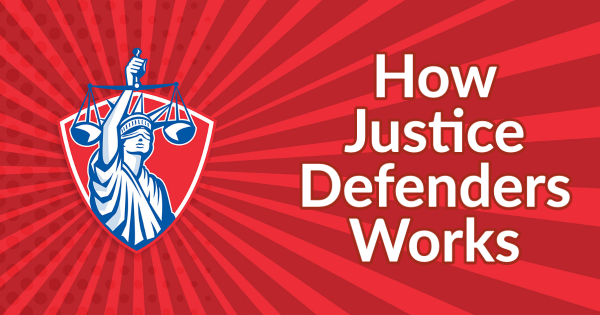
The task that Justice Defenders undertakes is not small and can become rather complex over time. Fortunately, there is a model that the organization follows in order to map out its path as efficiently as possible. Firstly, the organization focuses on education, with the belief that the education offered to those in prison should be equivalent to that offered to those that make laws and send people to prison. The goal is to help those that are able and willing to study and obtain a degree.
Justice Defenders is able to do this in part through partnerships with universities. The University of London is one example of a university that helps Justice Defenders educate prisoners through distance learning. Distance learning has made education more attainable for prisoners than ever before. Through classrooms set up in both men’s and women’s prisons in Africa, Justice Defenders connects students with qualified tutors and law professors, as well as working professionals in local law firms. Visiting academics can also sometimes access the prisons directly.
There are obstacles to education in these prisons, of course. Most of them have limited internet access, as well as harsh security restrictions and limited resources in general. However, 2019 saw a class of over 50 students for Justice Defenders, comprised of both prisoners and prison staff. They often work to help each other study while juggling other responsibilities, and some of them work as paralegals for Justice Defenders. As of now, 22 Justice Defenders students have obtained their law degrees from the University of London. Recently, these students have also scored a remarkable average of 91% on their exams.
Although education is crucial, so too is actual training. Although it can be difficult to provide this training to prisoners, it is far from impossible. The end of 2019 saw 341 trained paralegals equipped by justice defenders, who dispersed to work over more than 40 prisons in two countries. This has given over 24,000 prisoners access to free expert legal advice.
Additionally, professional training is offered to those learning from Justice Defenders adjacent to the prison systems. This includes prison officers, members of the judiciary, and those in allied fields such as people offering bail bond services. Working in partnership with the Commonwealth Scholarship Commission, this program selects prison staff with excellent records and trains them in areas surrounding justice reform. They are also offered the opportunity to network and build connections with professionals within these fields.
Practice is obviously quite important as well. While it is one thing to offer free expert legal advice to inmates, it is another thing entirely to empower them to practice within the legal system. Once people have been trained as paralegals and lawyers by Justice Defenders, they can provide vital legal services within their own communities. These include collaborating with pro bono partners for court appearances, conducting alternate dispute resolution, and pursuing diversion from the formal court systems.
The law offices built by Justice Defenders are staffed with prisoners and prison officers, along with the Justice Defenders team and volunteers. Some of the offices are actually located within prisons, with some having their own buildings while others might be located within cell blocks or underneath trees.
The goal of Justice Defenders is not to have every prisoner be found innocent; some are indeed guilty. Rather, offering free expert legal advice ensures that judges are able to hear both sides of the story properly and that prisoners are offered fair trials. Not only does ensure that innocent people are released, but that only guilty people are imprisoned. Therefore, the community at large is made safer.
Empowering People Beyond Prison
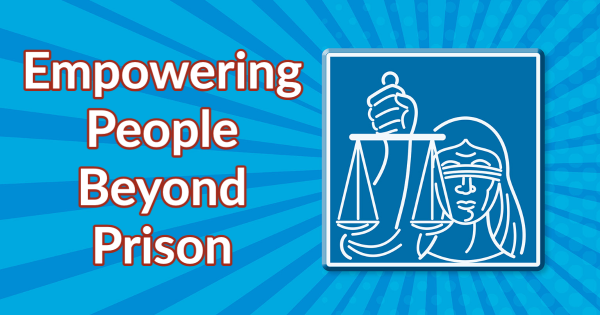
When innocent people leave prison after receiving their legal education and training from Justice Defenders, they are significantly more empowered and are able to build better futures for themselves. While some of them may choose to go into more commercial fields, perhaps becoming bail bondsmen or working in industries allied with the justice system, others may choose to continue their legal studies and practices.
Those that become lawyers while imprisoned are able to pursue justice for their clients from a different perspective. They may stay on and work with Justice Defenders, or they could move to become drug defense attorneys or explore other aspects of the legal field. Justice Defenders is not only providing justice but new job opportunities for those truly interested in changing their own lives.
It’s important to understand that in certain countries, too, the punishment for seemingly simple crimes like a DUI could much harsher than they would be in nations like the U.K. or the U.S. Therefore, having advocates available that have experienced these harsher conditions is vital. They can understand the system in a way that outside legal experts would not be able to.
The true goal of Justice Defenders is equality. Almost 40,000 prisoners have received free expert legal advice since the organization was founded, and within 10 years it hopes to serve 1 million people that have gone without proper defenses. This could not only change lives but perhaps change countries entirely.
